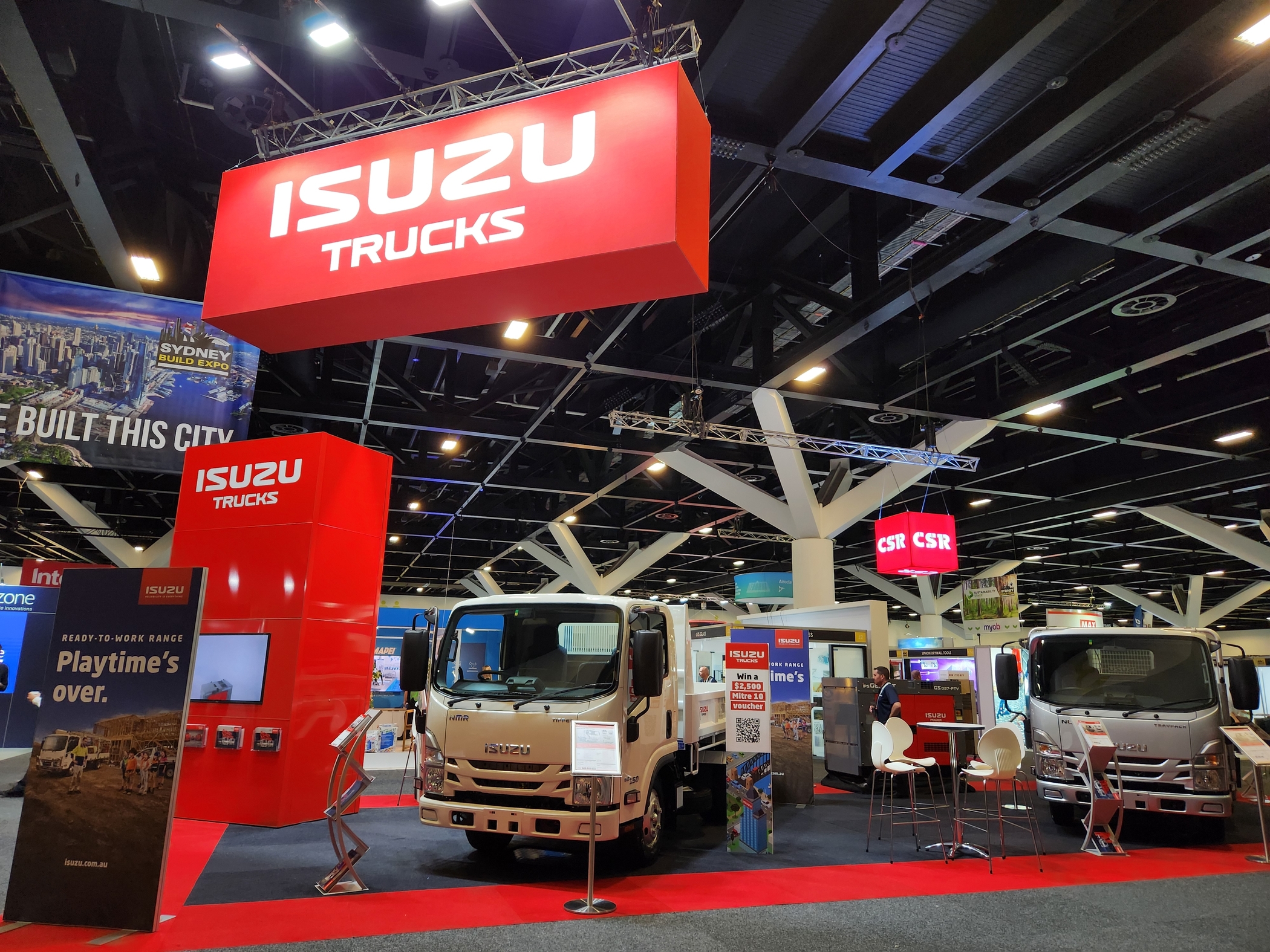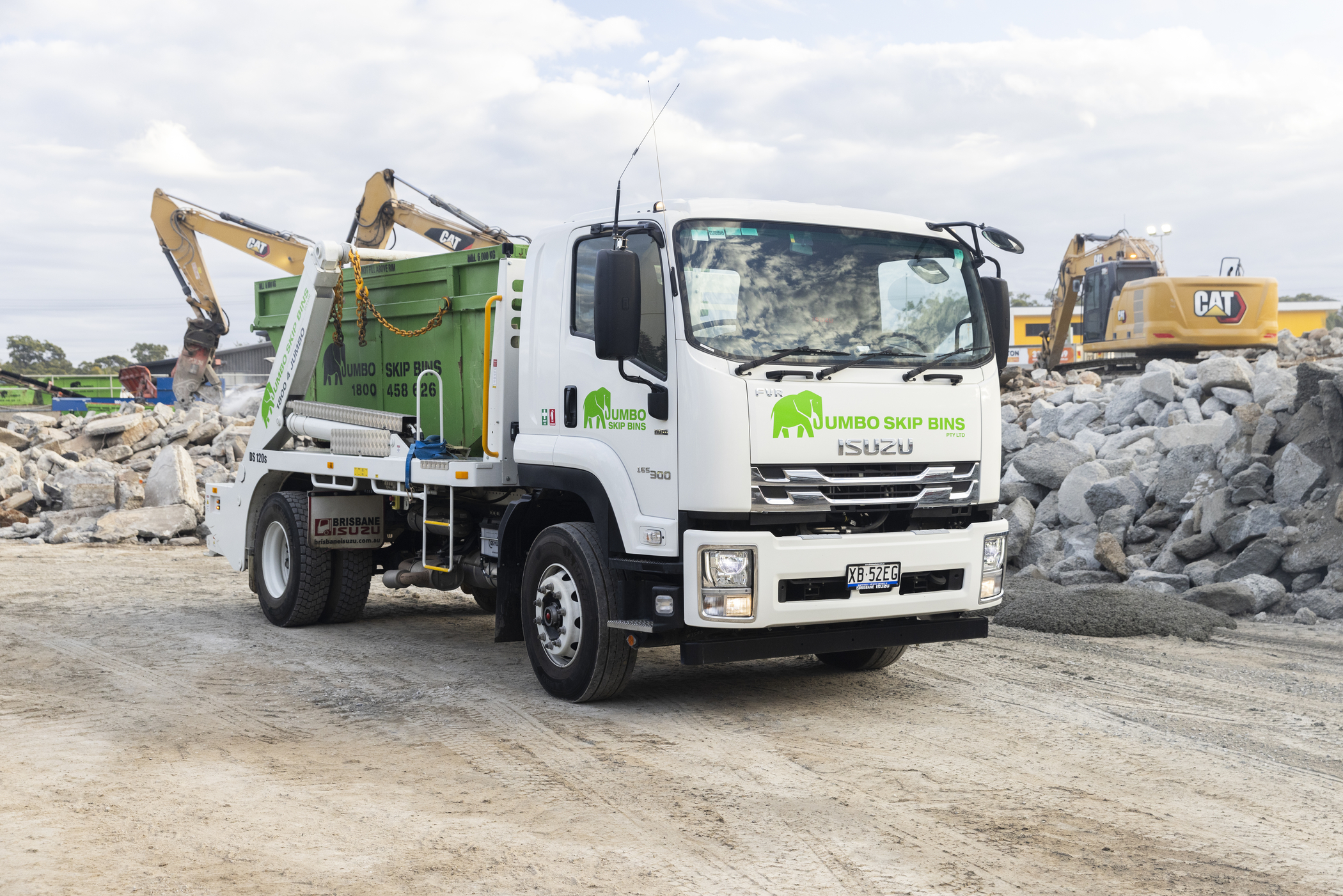YOUR OBLIGATIONS UNDER THE CHAIN OF RESPONSIBILITY

 Drivers and operators have long copped the penalties when it comes to breaches of transport law, but these days it’s not just the folks behind the wheel who’ll pay the price when an offence occurs.
Due to the chain of responsibility (COR) obligations, if you’re consigning, loading, packing, or receiving goods, you too could be in the firing line if the heavy vehicle national law (HVNL) is breached. As well, corporate entities, directors, partners and managers could also be held liable for breaches.
So let’s cut to the chase. How do you avoid becoming a weak link in the chain? We’ve pulled together a quick guide on what you need to know about the COR.
Drivers and operators have long copped the penalties when it comes to breaches of transport law, but these days it’s not just the folks behind the wheel who’ll pay the price when an offence occurs.
Due to the chain of responsibility (COR) obligations, if you’re consigning, loading, packing, or receiving goods, you too could be in the firing line if the heavy vehicle national law (HVNL) is breached. As well, corporate entities, directors, partners and managers could also be held liable for breaches.
So let’s cut to the chase. How do you avoid becoming a weak link in the chain? We’ve pulled together a quick guide on what you need to know about the COR.
What is it?
The COR provisions were introduced to improve road safety and reduce road infrastructure damage. It acknowledges multiple parties in the supply chain can be responsible for breaches to road transport law by drivers/operators. For example, if you’re a consignor who sets unrealistic delivery time frames or who fails to ensure that loads do not exceed limits set under the COR, you could be liable for any related incident. The COR also has a role to play in ensuring a level playing field for businesses. National, enforceable standards of fatigue management, speed, and loading requirements means there are ramifications for those breaking the law for the sake of an unfair commercial advantage. The COR law covers mass, loading, dimension, speed adherence, work hours and fatigue laws as laid out in the HVNL. The provisions have been in effect since early 2014, and apply nationally. In Western Australia however, the COR law is confined to vehicle mass, dimensions and loading breaches – not fatigue, speeding and driver health.Who is accountable?
According to the National Heavy Vehicle Regulator (NHVR), anyone with influence or control in the transport task supply chain falls under the COR law. This can include:- employers/company directors
- corporations/partnerships
- exporters/importers
- primary producers
- drivers/contractors of drivers
- vehicle operators
- schedulers of goods/schedulers of drivers
- consignors/consignees/receivers of goods
- loaders/unloaders of goods
- loading managers.
What are the penalties?
COR penalties are linked to safety. The bigger risk your breach of law poses to road infrastructure or to a driver’s ability to operate safely, the higher the level of penalty. Penalties can include improvement notices, warnings and infringement notices in more minor cases. For more serious offences and for repeat offenders, courts can – and will – impose fines. Courts can also impose supervisory intervention orders, commercial benefits penalties, and licensing and registration sanctions. Wondering if the COR has teeth? In a word, yes. A number of cases have already been successfully prosecuted in the courts with multiple parties in the transport task supply chain penalised.When could COR come into play?
There are a number of ways people might directly, or indirectly, contribute to a breach of road law. Some of them include the following:- rewarding drivers for a speedier delivery (when laws have been broken to do so)
- not providing a good sleep environment for drivers on long-haul trips
- not giving employees enough training and information to comply with laws
- allowing poor processes for weighing, measuring, recording and monitoring of goods
- not checking freight is safely and securely loaded and restrained
- setting delivery requirements that encourage drivers to speed, work more than the legal number of work hours, not take rest breaks, or drive while fatigued
- not maintaining vehicles to a safe standard
- not keeping accurate records of drivers’ work and rest times
Keep in the clear
COR law requires people to take reasonable steps to ensure heavy vehicle drivers don’t breach the heavy vehicle national law. What is ‘reasonable’ will vary depending on the circumstances. The NHVR provides some guidance. The NHVR also provides some solid examples on the steps each party should take to ensure they’re meeting requirements, so it’s worth checking you’re doing everything possible to keep your team on the right side of the COR law.


Playtime’s over, get $3,500* to spend on extras.
If you’re ready to get serious about tackling bigger jobs, grab yourself an NLR 45-150 AMT SWB Traypack from the Ready-to-Work range for $62,990 drive away*. And to prove we aren’t playing, buy any NLR Traypack before June 30 and you’ll get $3,500* to spend on genuine accessories or an Essentials service agreement.
Learn more



